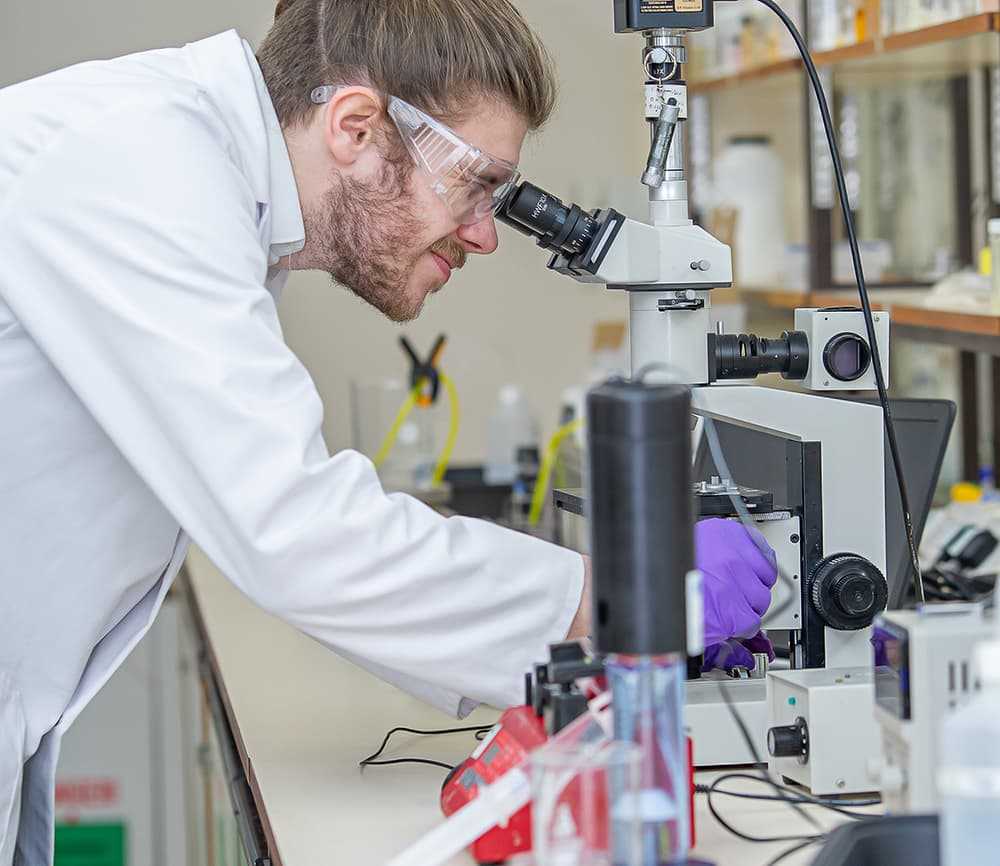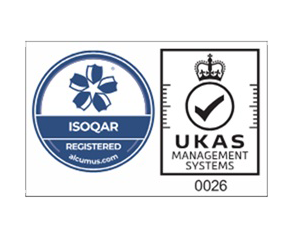
Back to Latest News
Micropore joins academic consortium investigating how AI can be used to speed up development of new drugs
Major improvements could be made to the development and production of mRNA-based vaccines and medicines following the award of funding to a consortium including Micropore Technologies and leading UK Universities to investigate how AI and machine learning can speed up manufacturing processes.
Innovate UK have awarded more than £440,000 to a project that aims to fast-track the development process for new genomic medicines used to treat existing conditions, such as cancer or rare diseases, or to produce new vaccines.
RNA is present in all living cells and has structural similarities to DNA. The human body uses ribonucleic acid, known as RNA, to construct cells or respond to immune challenges. A team of scientists will now use machine learning to find new ways to encapsulate RNA in protective nanoparticles to deliver medicines to cells.
The study involves researchers from the universities of Northumbria, Strathclyde and Teesside working with Redcar-based Micropore Technologies, which specialises in formulating and manufacturing drug products.
Professor Wai Lok Woo, Chair in Machine Learning at Northumbria University, explained: “The development of genomic medicines is complex, with the encapsulation of nucleic acids within protective nanoparticles being perhaps the most critical stage in the manufacturing process.
“However, process equipment design, operating approach, formulation and active product all impact on how these intracellular drugs behave, and current iterative approaches to understand these behaviours is highly time consuming. This creates a barrier to the timely and successful development and manufacture of nano-delivered intracellular drugs.
“Our intention is to use machine learning to identify and learn this complex series of relationships and build models which can accelerate formulation development.
“This will make a step-change improvement to the speed and efficiency with which new genomic medicines can progress from discovery to real application in disease prevention and treatment.”
Micropore Technologies has developed a product used in multiple phases of the drug development and production process.
The universities will work with Micropore to use machine learning to speed up the development process from lab scale to commercial scale without the need to redevelop, redesign and re-optimise processes at different stages.
The study will initially use machine learning to analyse and interpret current and existing data before creating a model that can inform the design of experiments to reduce their development costs and increase their speed.
Dave Palmer, Technical Manager of Micropore Technologies, said: “Here at Micropore we have already developed a new micromixing and encapsulation technology, known as Advanced Crossflow, which combines the size-control and uniformity advantages of microfluidic approaches with an ability to scale up to commercial volumes, simply by increasing instrument size and material flow.
“We are looking forward to working with our partners to exploit machine learning to speed up the initial lab scale development and production pathway to improve the manufacturing process and ultimately bring new genomic medicines into use much more quickly than had previously been possible.”
Northumbria University has a global reputation for research and teaching in AI and was recently awarded £9.5 million by UK Research and Innovation to establish a Centre for Doctoral Training in the field of AI. The centre, known as CCAI, will focus on the inclusion of citizens in the design and evaluation of AI, helping to make the rapidly advancing technology work for everyone.
Need a formulation challenge solved? Ask a Micropore expert
At Micropore we enjoy working in partnership with our clients to solve formulation challenges and deliver the highest performing, most sustainable, most cost-effective formulated delivery systems.

Stay Informed
Keep up to date with innovations at Micropore. Sign up today to stay informed with innovations at Micropore and automatically receive the Micropore newsletter and webinar invites.
